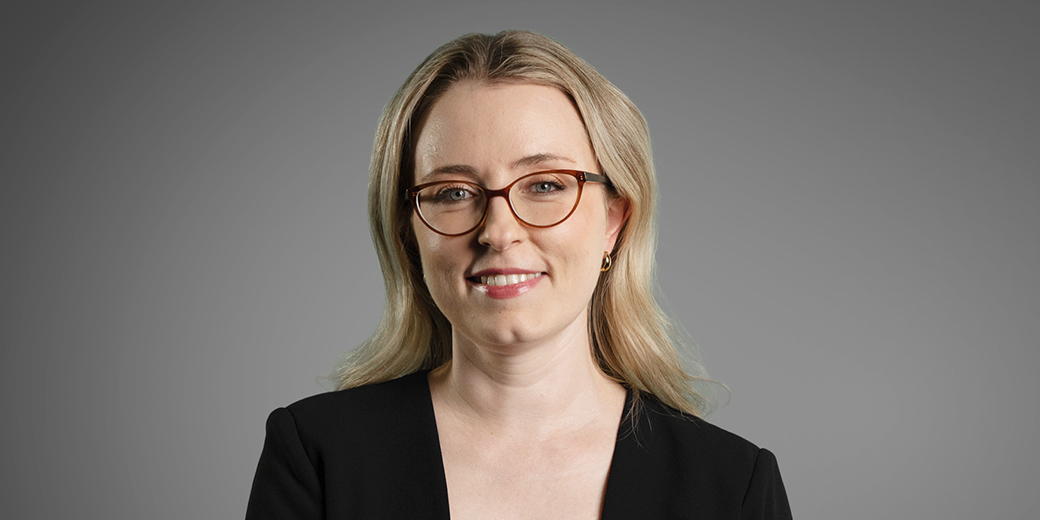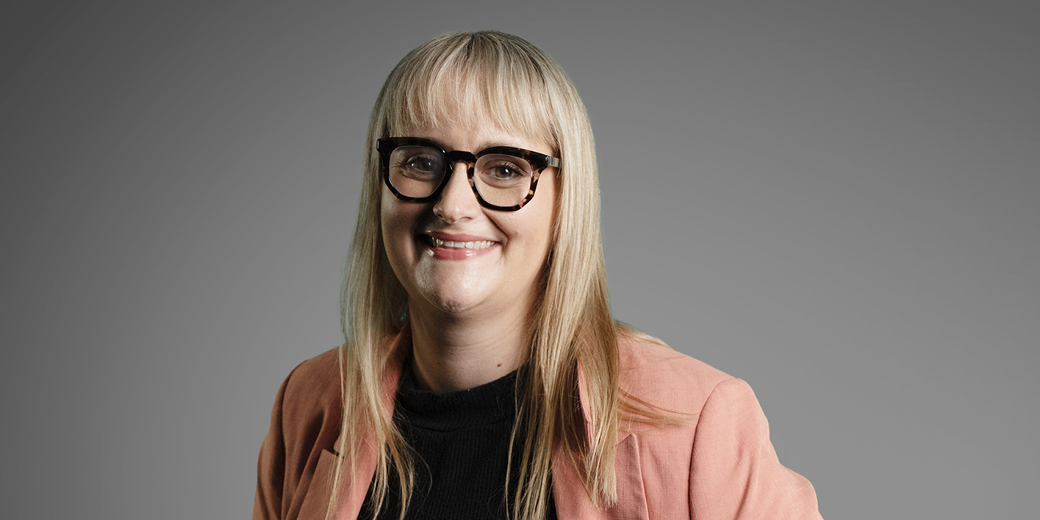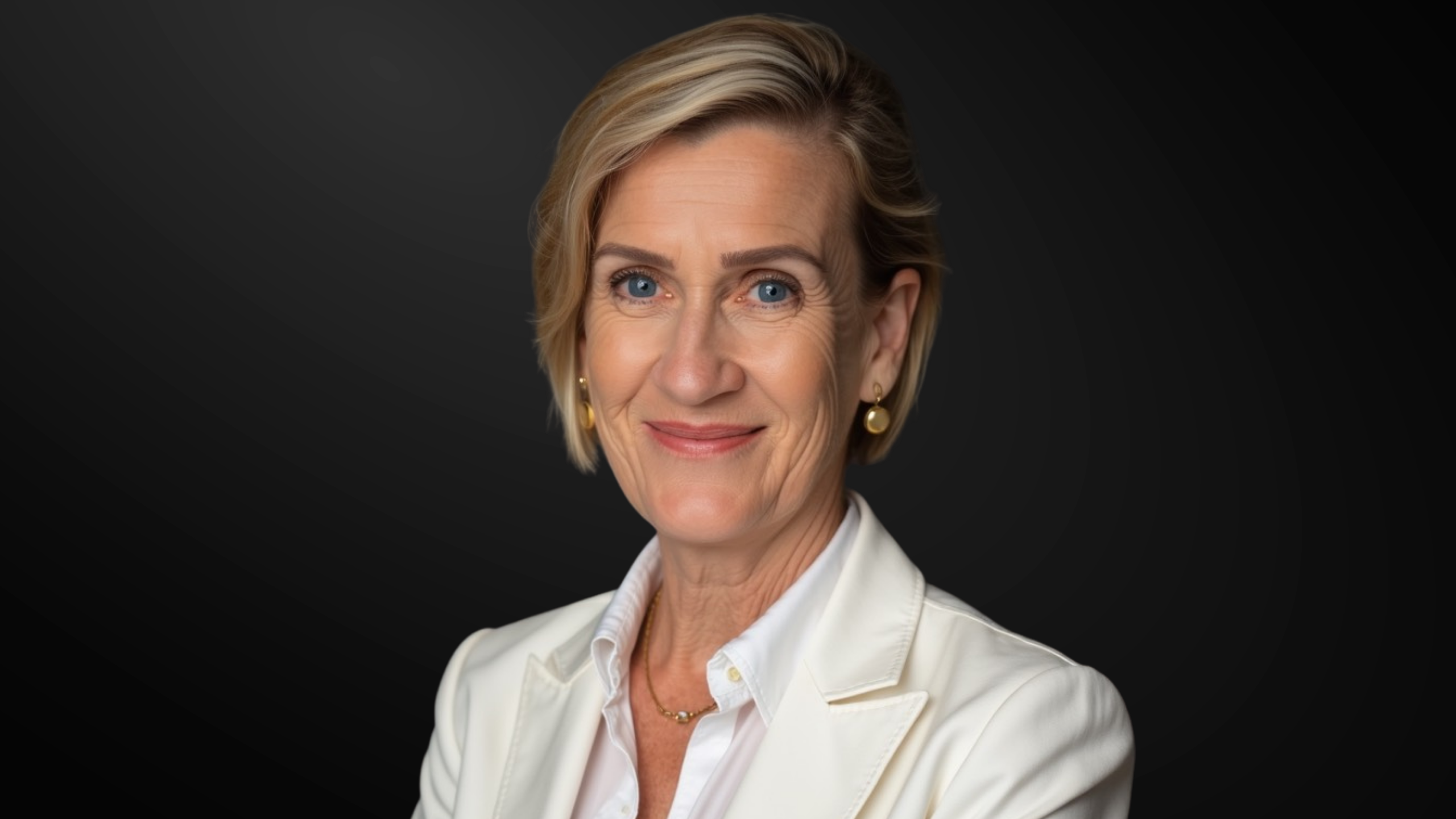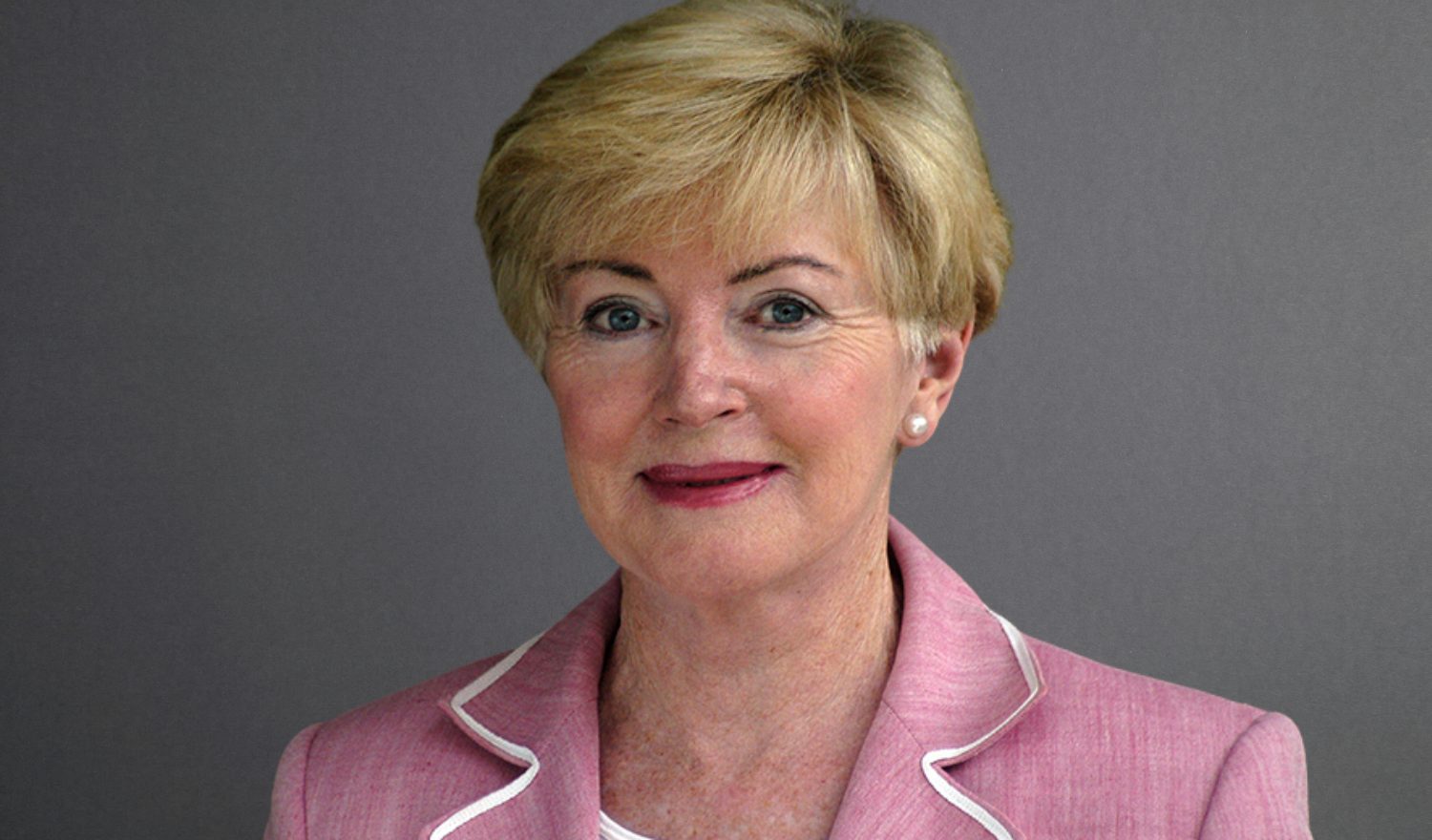Adeline Schiralli, Special Counsel at Southern Waters Legal (Wills, Estates and Elder Law), is a master of Wills and Estates law. Literally.
Adeline majored in this complex area of practice in her LLM of Applied Law. Now she’s offering her advice – as a College graduate and a course lecturer.
Here, Adeline traces her journey to specialisation, highlighting the College of Law’s LLM as a crucial step to accreditation.
It began to align in Year 10
I decided I wanted to become a lawyer when I was in Year 10.
One of my commerce teachers was so engaging: he made law and governance sound exciting. So I zeroed in on a career in law.
After high school, I wanted to get into children’s law – or international law. So I studied a double major at the University of Wollongong: a Bachelor of Arts (History, Politics and International Studies) and a Bachelor of Laws (LL.B).
Soon, I was leaning towards family law. But that changed when I landed my first job in a firm.
Trial and error
In my final year of study, I took on a paralegal role at a suburban general services firm in Sydney– in their wills and estates team.
And my uni, at the time, only offered one module on drafting wills. It was a pass/fail subject.
I told them that was my only experience. I said, “This isn’t an area I know much about. Not even in theory. But I’ll absolutely give it a go.”
Luckily, I worked under a solicitor who was both experienced and passionate about wills and estates. And he was a great mentor: he passed on what he knew and equipped me with the foundational knowledge I needed.
The firm was also generous enough to give me experience in family law too – but I quickly realised it wasn’t for me. I found it too hard to detach from the emotion in family law matters.
Dealing with tough interpersonal situations is par for the course as a lawyer, but I found wills and estates matters more fulfilling, even though death is sometimes a daunting topic to discuss.
Rather than fixing problems as they pop up, estate planning requires you to anticipate future problems – and solve them before they occur. I loved the proactive, preventative nature of the work.
Turning to the LLM
By 2013, I knew I wanted to specialise in wills and estates. I was ready to work towards accreditation – I just wanted to prepare for it first.
The College of Law’s LLM in Wills and Estates was my first point of call. I looked at other options, but it was clear that the College’s LLM had the practical focus I wanted.
In my practice, I’d primarily focused on pre-death estate planning. While I knew them both in theory, I only had a little practical experience in estate administration – and none in estate litigation.
The LLM covers the theory and practicalities of both those areas and more, so I knew it would round out my skillset.
I could also take the course at my own pace. When I started in 2014, my son was barely two years old and I also had an older toddler at home. Life was busy with both work and home life. That made the College’s flexibility and remote delivery huge selling points for me.
Equipped for accreditation
The knowledge and skillset I took away from the LLM set me up beautifully for accreditation – and the Capstone Project played a key role in that.
The Capstone Project is the final course you take in your major. It’s designed to mimic the process of accreditation – pushing you to put your new skills into practice.
It gave me the chance to hand material in and get some feedback before I took the accreditation. It was a practice run. One I’m enormously grateful for.
When I sat for the Law Society’s Wills and Estates accreditation, I felt prepared. I was nervous, but the insights I gained from my LLM guided me through the process.
I’m so, so glad I did it.
Taking the LLM? A word of advice
If you’re working towards accreditation – or you just want to upskill – I’d highly recommend the College of Law Master of Laws.
As a former student and now as a course lecturer, I have some advice to share.
First, on a general level: keep up with your readings. Commit yourself and you won’t fall behind. And if you aren’t sure of anything, ask questions. And ask them early on.
Second: try to attend the non-compulsory interactions. The students who do get so much out of them; I see it in their work. You’ll learn from your lecturers and your peers – while also expanding your professional network.
That’s a big one, especially if you’re in a solo practice. The LLM helped me build my reputation and profile. My fellow students and I still pick up the phone to bounce ideas around or refer a tricky or conflicted matter to one another. Many have even become some of my closest friends.
The bottom line? The LLM isn’t just a form of study. Make use of it in every aspect. Mingle with people, form connections, make friends.
Just drink in the experience – knowing it will set you up to go deeper in the area you care about.
Ready to master your area of law? The College of Law’s Postgraduate Applied Law programs will help you step towards becoming a respected specialist. Browse through your options today.


























































![How to handle Direct Speech after Gan v Xie [2023] NSWCA 163](https://images4.cmp.optimizely.com/assets/Lawyer+Up+direct+speech+in+drafting+NSW+legislation+OCT232.jpg/Zz1hNDU4YzQyMjQzNzkxMWVmYjFlNGY2ODk3ZWMxNzE0Mw==)





























